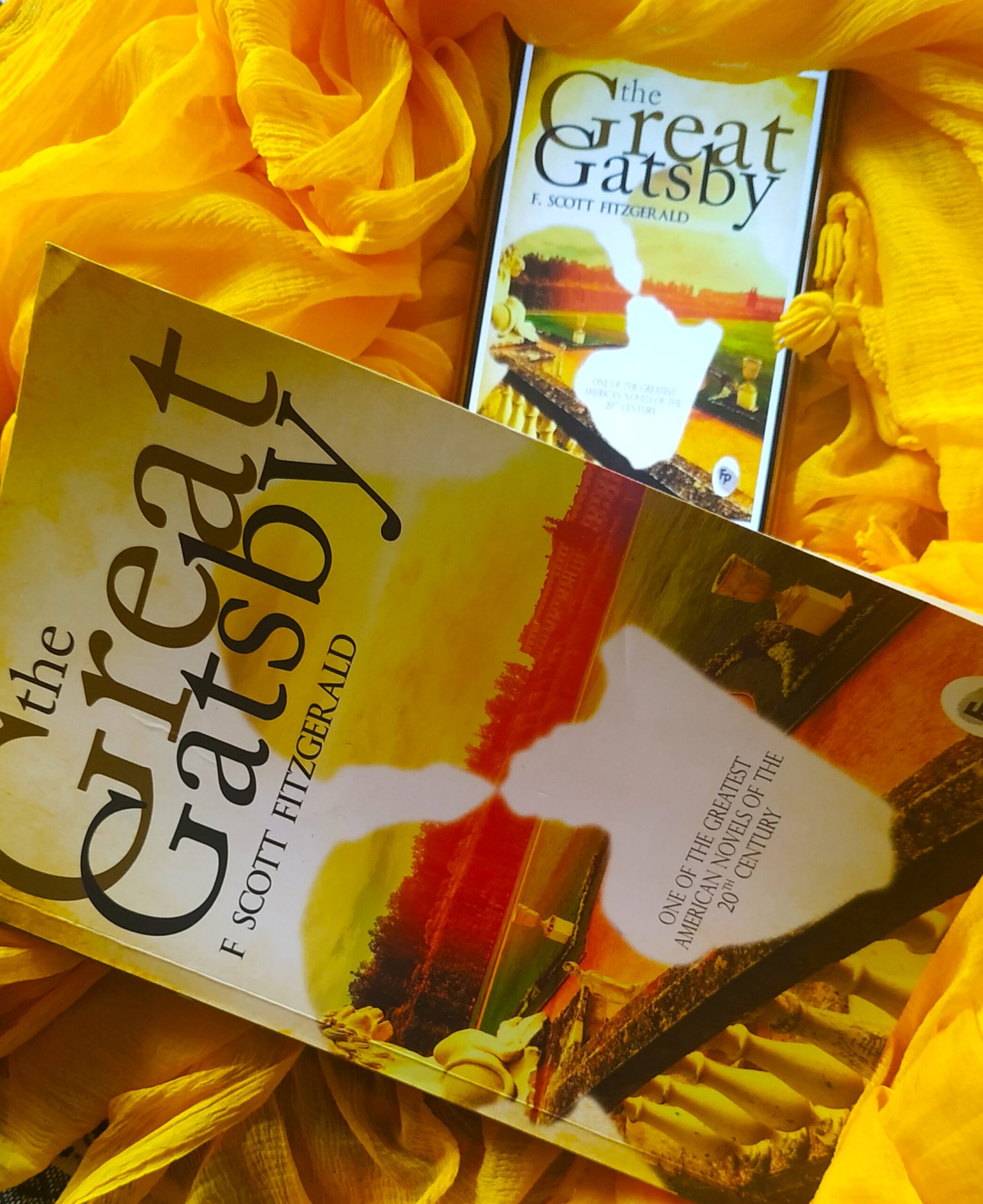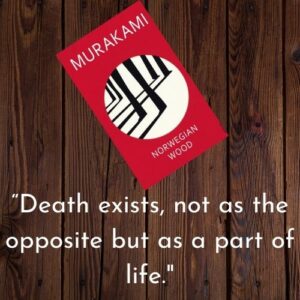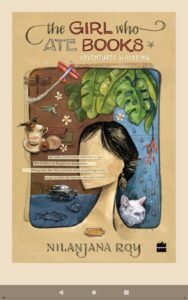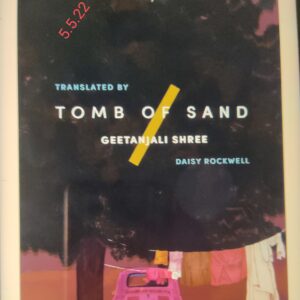Book: The Great Gatsby
Author: F Scott Fitzgerald
Publication: Fingerprint! Publishing; First edition (1 January 2014)
Pages: 224
Price: Click the link
Introduction:
Then wear the gold hat, if that will move her;
If you can bounce high, bounce for her too,
Till she cry “Lover, gold-hatted, high-bouncing lover,
I must have you!”
The novel The Great Gatsby, 1925, opens up with Thomas Parke D’invilliers alias F. Scott Fitzgerald’s glib poem insinuating the slick tapestry around which he is going to deploy his characters.








Pingback: The Picture of Dorian Gray Oscar Wilde Book Review